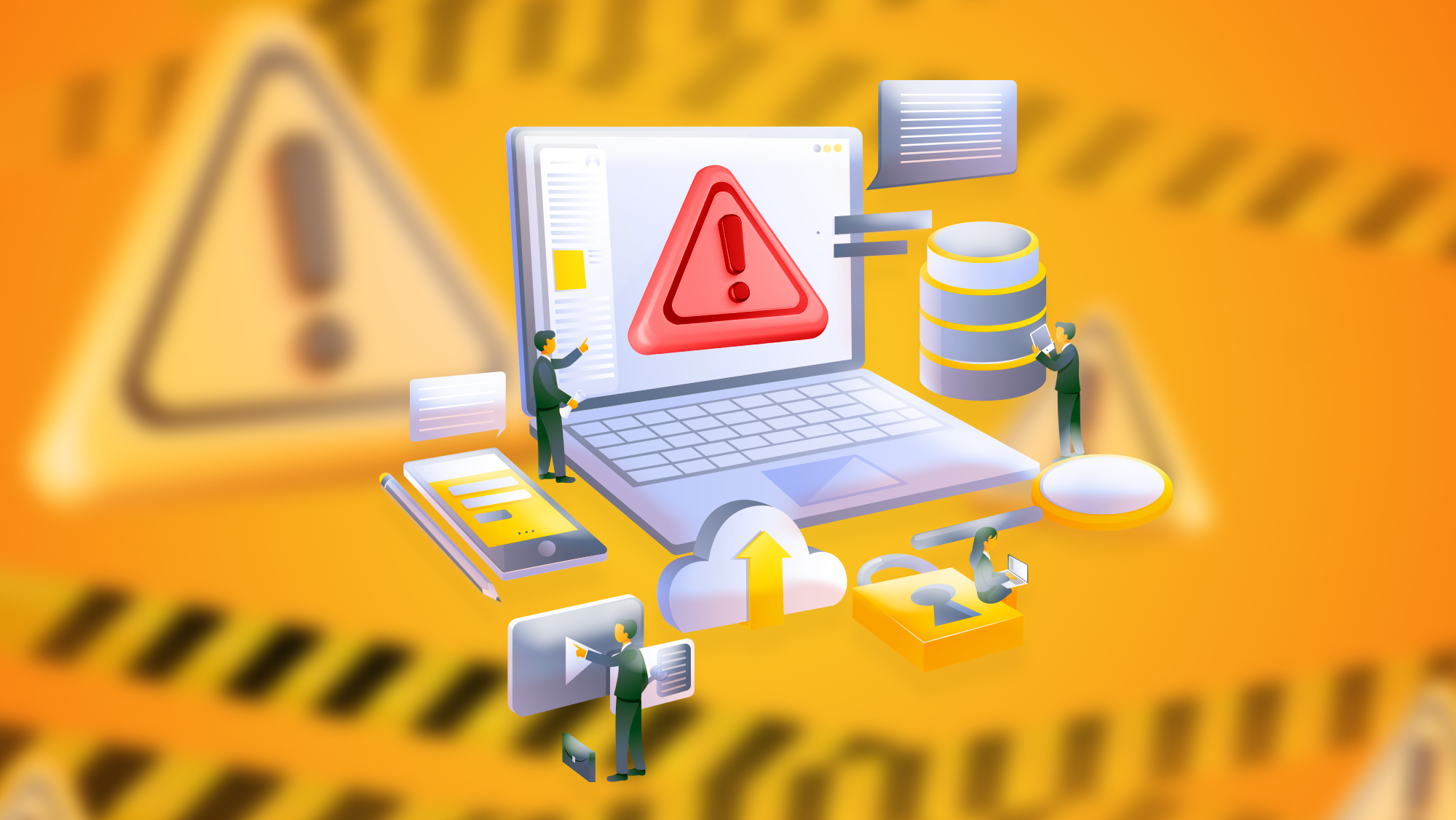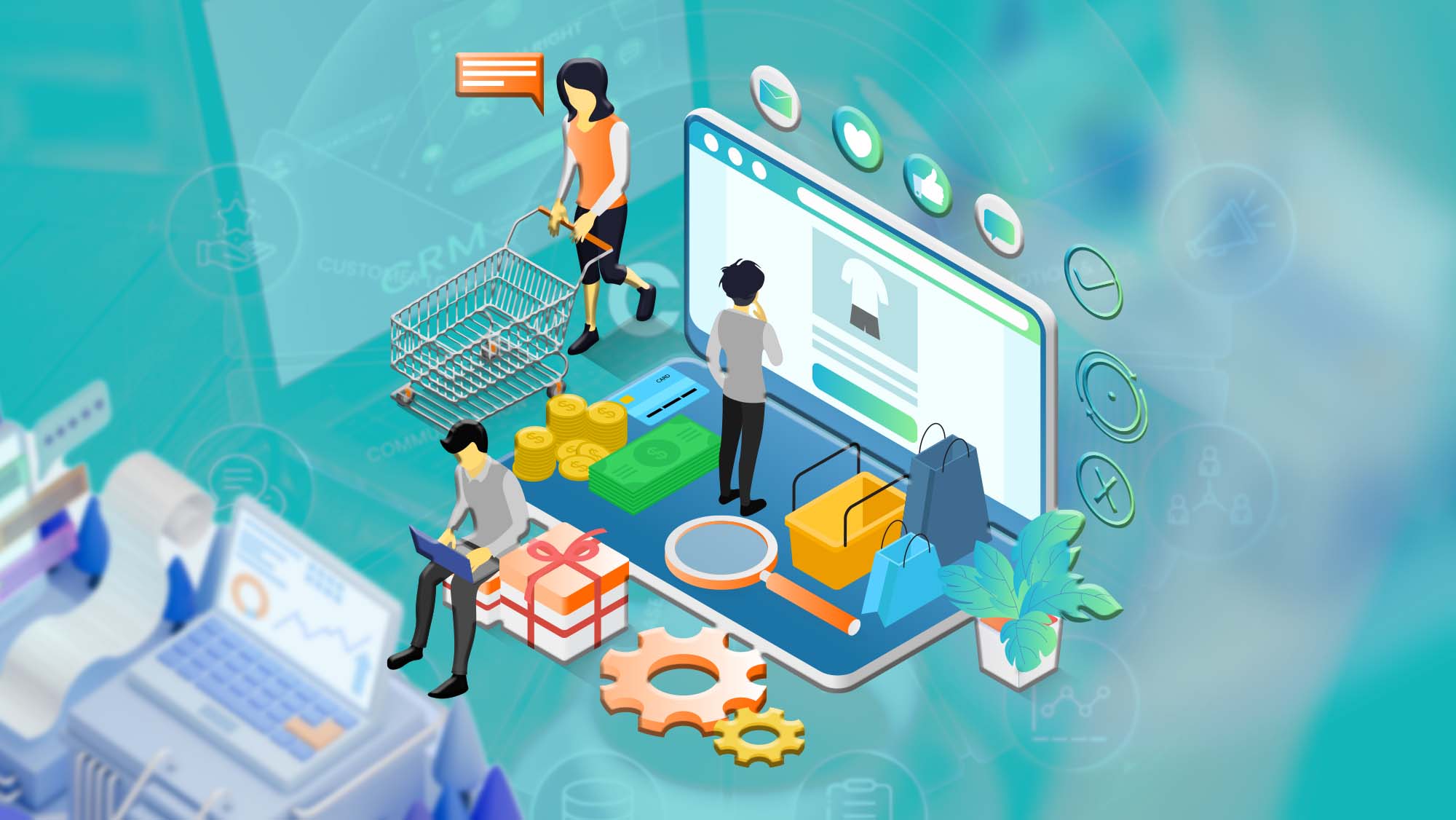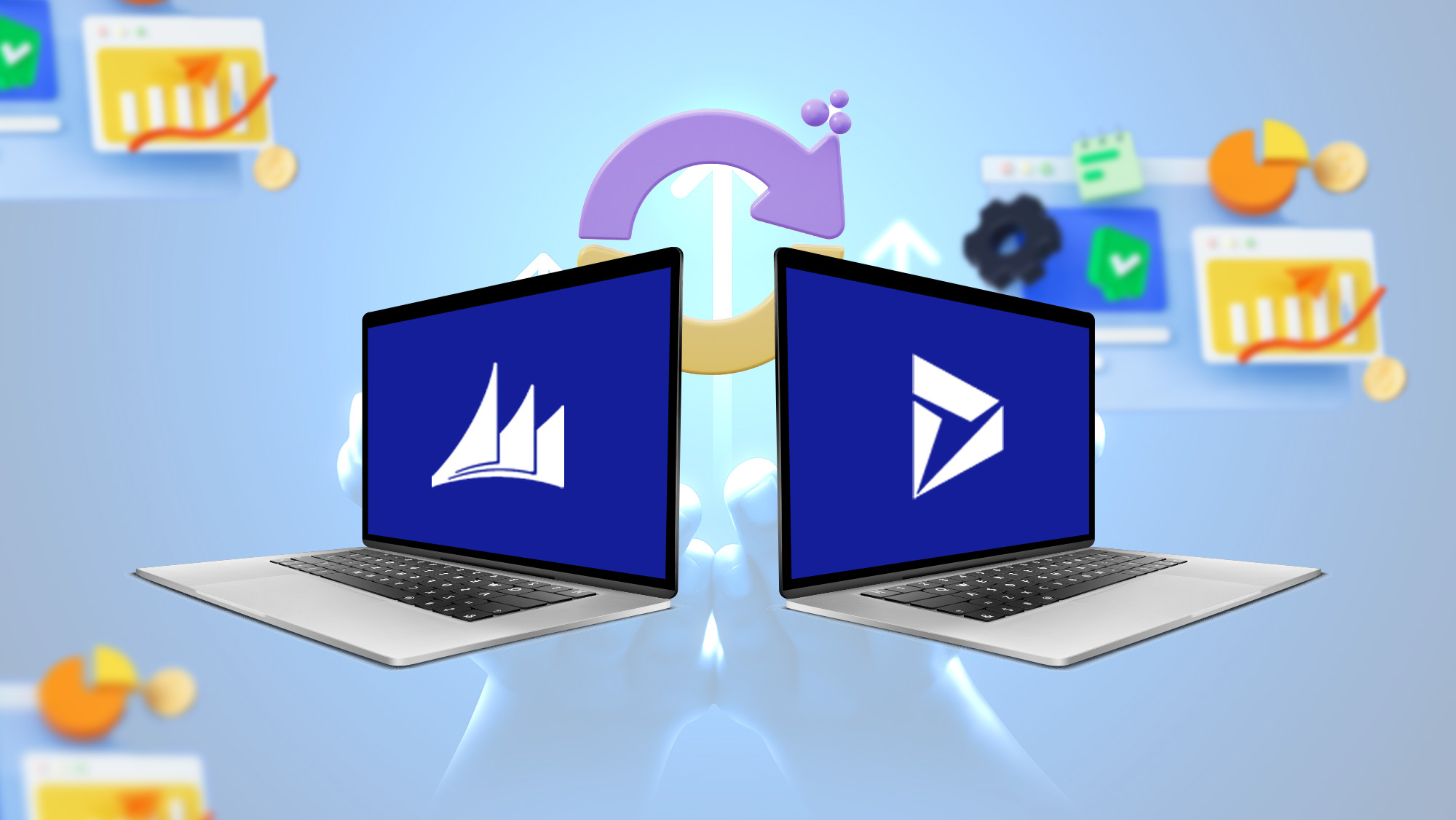Table of Content
Enterprise Resource Planning (ERP) systems are an essential tool for modern businesses. They allow organisations to integrate their various business functions, automate routine tasks, and gain real-time insights into their operations. ERP Systems are particularly useful for businesses with complex operations, large volumes of data, and multiple business units.
7 Warning Signs to Move to ERP
Are you still dependent on multiple apps and solutions to manage your complex business processes?
If you are experiencing any of the following early warning signs, it may be time to consider Implementing an ERP System.
Duplicity of Data
One of the most common early warning signs that your business needs an ERP system is data duplication. Data duplication occurs when multiple software applications are used to manage different processes, resulting in inconsistencies and errors. This can lead to wastage of time, unhappy customers, revenue loss, and reduced productivity.
Example
Suppose your sales team uses one system to manage customer orders, and your finance team uses another system to manage payments. In that case, you may find that some orders are recorded in both systems, while others are recorded in only one. This can result in overpayments, missed payments, or incorrect invoicing, which can cause confusion and frustration for customers and employees alike.
An ERP system provides a centralised data model, ensuring consistency and accuracy across different business functions. With an ERP system, all data is stored in a centralised database, which can be accessed by all business functions. This eliminates the need for manual data entry, reduces the risk of errors, and allows for better collaboration between different teams.
Process Inefficiency
Another early warning sign that your business needs an ERP system is reduced process efficiency. If your business processes are taking longer than they should, or if you are spending a lot of time on repetitive tasks, it may be a sign that you need an ERP system. Inefficient processes can lead to lost productivity, decreased efficiency, and reduced profits.
Example
Suppose your business relies on manual data entry or multiple spreadsheets to manage your operations. In that case, you may find that your employees spend a lot of time on routine tasks, such as data entry or report generation. This can be particularly frustrating for employees who would rather be focusing on more strategic tasks that add value to the business.
An ERP system automates routine tasks, such as data entry and report generation, and streamlines workflows, allowing your employees to focus on more strategic tasks. This can save time and improve productivity, allowing you to make the most of your resources and maximise your profits.
Lack of Integration
If your business systems are not well integrated, you may find it difficult to get a comprehensive view of your operations. Do you spend your time hovering between multiple apps to perform different business functions? This can make it hard to make informed decisions and plan for the future.
Example
If your finance system is not integrated with your inventory management system, you may find it hard to get an accurate view of your inventory levels or your cash flow.
An ERP system integrates all your business processes, including finance, inventory, production, sales, and customer service, providing a unified view of your operations. This allows you to see how different functions are interconnected and identify areas for improvement. An ERP system can also provide real-time insights into your operations, allowing you to make informed decisions based on accurate data.
Difficulty Accessing Data
If your employees are struggling to access the data, they need to perform their jobs, it may be a sign that your current systems are not sufficient. An ERP system provides a centralised database that stores all relevant data, making it easy for your employees to access the information they need when it matters. This can improve collaboration and communication between different teams, leading to better decision-making and improved outcomes.
Disparate Systems
If your business is running on disparate systems that do not communicate with each other, it may lead to communication gaps and siloed data. This can make it hard to get a holistic view of your business operations, which can lead to missed opportunities and poor decision-making. An ERP system integrates all your business systems and data, providing a unified platform that allows for better collaboration and data sharing between different teams. Make use of the benefits of a Cloud ERP to scale your business and stay ahead of the competitors.
Inability to Track Inventory
If you are having difficulty tracking inventory, it may be time to invest in an ERP system. With an ERP system, you can get real-time visibility into your inventory levels, and optimise your supply chain accordingly. This can help you minimise stockouts and overstocking, reducing your inventory holding costs and improving your cash flow. An ERP system can also help you track your inventory across multiple locations, providing greater control and visibility over your supply chain.
Manual Reporting
If your employees are spending a lot of time on manual reporting tasks, it may be a sign that you need an ERP system to automate reporting and improve accuracy. An ERP system can automate the generation of reports, reducing the time and effort required to produce accurate and timely reports. This can also help you identify trends and patterns in your data, providing insights that can be used to make more informed decisions.
Conclusion
Microsoft Dynamics 365 ERP Solutions can make life easier for you. It is the best one-stop-shop solution that you would need to swat aside the perils of manual reporting, disparate systems, and a whole lot more. Fortunately, Microsoft Dynamics 365 is here to help you take your productivity levels a notch higher, all thanks to its AI-powered capabilities.
If you are reading this, your business surely needs an ERP
Talk to a Dynamics 365 ERP Consultant now to start your digital transformation journey today with Dynamics Square.

Witness a scalable transformation
Experience real-time synchronisation and flexibility with a consistent view across your business.
Disclaimer– “All data and information provided on this blog is for informational purposes only. Dynamics Square / MPG Business Information Systems Pvt. Ltd. makes no representations as to accuracy, completeness, currentness, suitability, or validity of any information on this site and will not be liable for any errors, omissions, or delays in this information or any losses, injuries, or damages arising from its display or use.”













